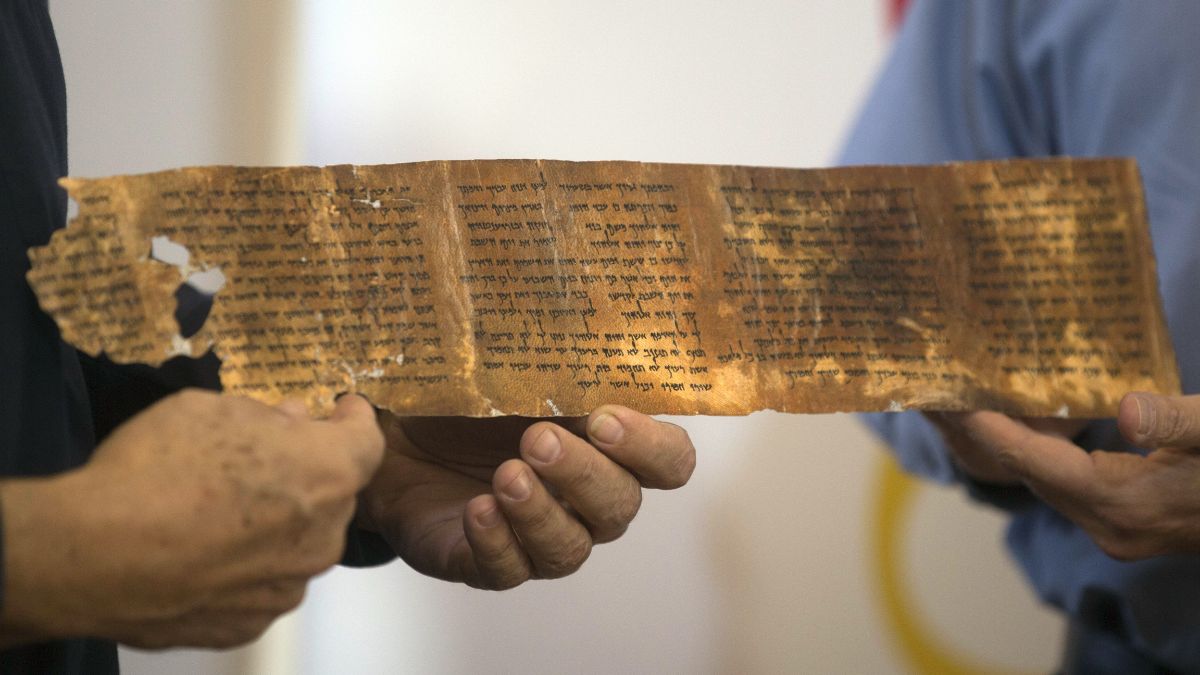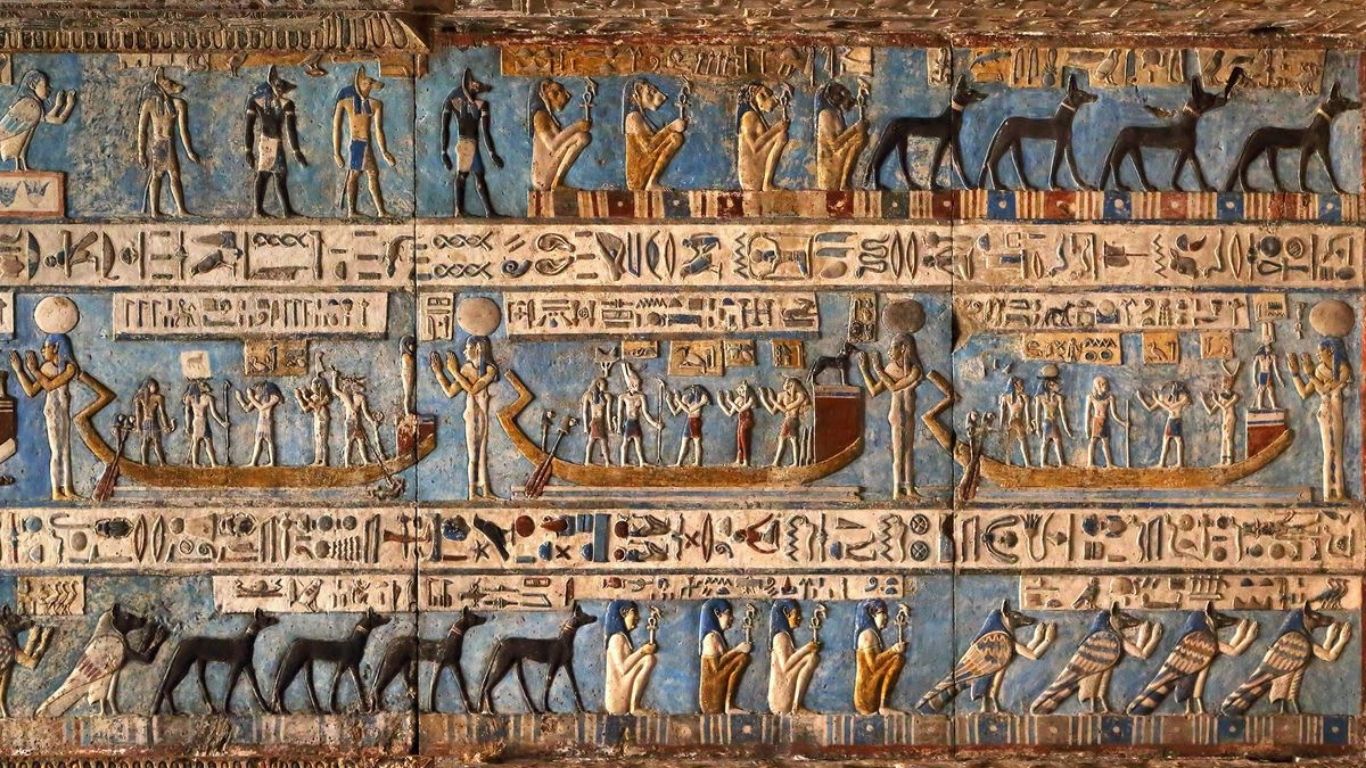When we talk about human history, we only hear about Greek philosophy, Roman architecture, or European revolutions. But the fact is, long before all those stories unfolded, humanity’s own journey had already begun, on a land full of life, wisdom, and wonder. That land is Africa. Africa is more than a continent on a map. It is the center of our universal beginning, the initial homeland of humankind, and a hub of civilizations. But far too many times, it’s a land whose history has been manipulated or omitted, its tales replaced by simplified headlines of poverty or strife. It is time to tell the truth, the entire truth, about where it all began.
Before Anyone Else Showed Up, Africa Was Already Thriving
Long before colonialists arrived, Africa was alive with great kingdoms, trade routes, and centers of learning. There was the Mali Empire, with its king, Mansa Musa, one of the richest men in history. There was the ancient city of Timbuktu, where intellectuals wrote books on astronomy, medicine, and law. There were the lovely stone cities of Great Zimbabwe, that were built with care and pride. These were not people to be saved. They were teachers, traders, engineers, and artists. African societies were guided by deep values of respect for elders, care for each other, and education through wisdom passed down from generation to generation. In much of the continent, ubuntu philosophy prevailed — the belief that “I am because we are.” It was not a slogan, but a way of life.
Then Everything Changed, But Not by Choice
When European powers set their sights on Africa, they did not do so with an open heart. They came with maps sketched on paper and plans for claiming what wasn’t theirs. At the Berlin Conference of 1884, European politicians divided Africa among themselves, not a single African seated at the table. They ignored languages, tribes, and traditions, dividing communities that had lived together for centuries in harmony. Colonization did more than claim land and resources. It claimed voices. It rewrote Africa’s history in order that all of value had not previously existed before foreign feet stepped on African ground. European history was taught in schools, foreign languages became official languages, and churches replaced native belief. The result was a cut so profound it would take generations to heal.
The Story Is Changing, Because Africans Are Telling It
But Africa never fell silent. Even in its most trying times, there were men and women resisting, writing, dreaming, and remembering. Today, more than perhaps any other time in history, Africans are reclaiming their histories and sharing them with the world. Writers like Chimamanda Ngozi Adichie are pushing back against the idea that there is just one kind of African story. Filmmakers are creating bold, stunning movies that celebrate African pride and resilience. Musicians, designers, and artists are drawing global interest back to the continent, not out of pity, but with curiosity and admiration. This is not a continent in need of salvation. It’s one rising on its own terms, with its own voice.
Africa Is Looking Ahead, But It Has Not Forgotten
Where colonial wounds still linger deeply, Africa is pushing forward with resolve. Countries are coming together in unions and trade blocs. Young businesspeople are leading companies, introducing innovations, and constructing futures based on both tradition and innovation. What Africa needs now is recognition — not simply for what has happened to it, but for what it has been from the beginning. People talk a great deal about investing in Africa, yet in fact, Africa has invested considerably in the world already. It provided us with our origins, our humanness, and our earliest ideas about living in association.
Coming Home to the Truth
To talk about Africa is to talk about all of us. We all come from there somehow. To find worth in it is to return to the reality of our shared human history. Africa is not a blank page to be written on. It is a wealthy, knowing, and ancient home that has never ceased to have something to teach us. And now, at last, it is recounting its story in the manner it was meant to tell.



